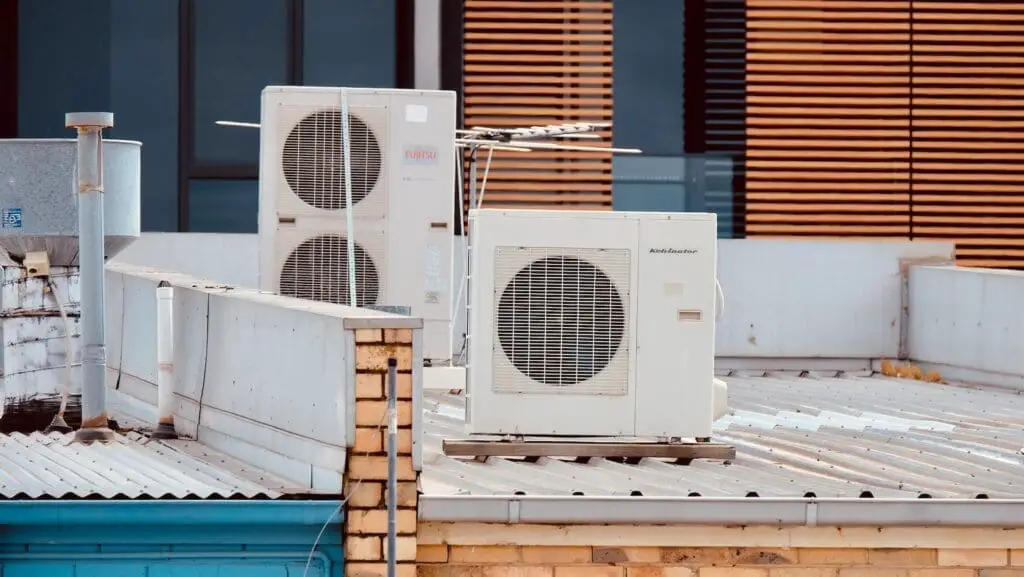When buying or building a house, one of the most important aspects homeowners consider is the HVAC system. After all, a fully functional system can keep you warm during winter and cozy during summer. Through chilling winters and sweltering summers, your HVAC system works tirelessly to keep you comfortable.
While HVAC repair and maintenance can go a long way, all your system’s effort and exertion can eventually take its toll and cause it to behave erratically or stop working altogether. Since a malfunctioning HVAC system can cause massive inconvenience, you must know how to identify and troubleshoot HVAC problems before they require costly repair or replacement.
The Most Common HVAC Problems
Dirty/Clogged AC Filters
Clogged or dirty filters can significantly affect your HVAC’s performance when not changed regularly. For starters, dirty or clogged AC filters can cause the evaporator coil to freeze and exude a foul smell. In addition, dirty filters can also cause allergies and other respiratory problems.
Water Leaks
Your HVAC system can generate a lot of condensation during everyday use. Condensation must be transferred to the drain lines and out of the house. If the line is damaged, the system can leak and cause cracks in walls and interior structures. Water can also leak out of an electrical circuit when not detected immediately.
Defective Thermostat
The thermostat is your air conditioner’s control system. There are various thermostat styles, and they can interact with your system differently. For instance, programmable thermostats use batteries that need to be replaced periodically. Unfortunately, many HVAC problems can be traced to thermostats and how they have been set.
Dirty Evaporator Coils
Many HVAC problems can be prevented with regular maintenance. If your coils are clogged with dirt and debris, achieving the desired temperature will cost much more. Dirty and clogged evaporator coils can greatly reduce the efficiency of your system and cause it to work harder. This leads to uneven distribution of temperature and more energy consumption.

Unusual Noises
Weird noises from the HVAC system indicate common problems like a defective blower motor, a broken fan switch or possible airflow issues. These strange noises can include squealing, whining, and clanking. Whatever the cause, unusual noises from your HVAC system should not be ignored.
Top HVAC Troubleshooting Tips
Below are some of the most common HVAC system troubleshooting tips every homeowner should know:
1. Inspect the AC filter
Remove your AC filter and check for dirt, dust, and other debris. If the filter is clogged or dirty, replace it with a new one. Make sure you purchase the correct type and size for your system. After replacing the filter, check your air ducts for debris or blockages. Remove any obstructions to allow the air to flow freely.
2. Examine the drain line
If you notice water leaks in your system, a clogged drain line can be the likely culprit. The drain line can cause water to back up and overflow when clogged. Use a dry vacuum to remove any blockages. You can also use a wire bush to thoroughly clean any dirt and debris in the drain line.
3. Check if the thermostat has power
If the thermostat won’t turn on or start, check if it has power. Most thermostats are battery-powered and can work erratically when the batteries run down. However, if a new set of batteries won’t fix the problem, you need professional help. In some instances, your thermostat might need to be recalibrated.
4. Inspect the evaporator coil
Look for signs of dust, debris, and dirt on the coil. If heavily soiled, use a coil cleaner to remove the buildup. Ensure you follow the manufacturer’s instructions and wear appropriate safety gear and eye protection.
5. Check the fan motor
If your system makes weird noises, start your troubleshooting with the fan motor. The fan motor blows hot air out of the house and cool air into the ductwork. When the fan is damaged, it can make loud noises. Trapped debris and dust can also cause the fans to be noisier than usual.
When to Call an HVAC Professional
If you notice something is wrong with your HVAC system, it is sometimes difficult to figure out whether to fix the problem yourself or call in an expert. Below are some of the common signs that indicate you need professional help:
Rapid Cycling
If you notice your furnace or AC turns on and off frequently, it’s time to call the experts. While it’s normal for the unit to cycle more often than usual on some days, rapid cycling should be a cause for concern. An HVAC professional can diagnose the problem and provide recommendations if it’s time to update your system.
High Energy Bill
Even if you don’t notice any unusual sounds, smells, or temperature if your bill is through the roof, you should get expert help. A drastic rise in your energy bill can indicate your system is not running efficiently. Ensure you get professional help as soon as possible; each day your system operates inefficiently, you will also lose money.
Water Leaks
If water is puddling around your unit, you likely have a problem with the condensation line. However, in some instances, you might also be experiencing a freon leak. This can be a costly problem when not addressed properly and promptly. If you notice any leaks, call a trusted HVAC expert immediately.
Conclusion
Troubleshooting HVAC problems is not as complex as many homeowners perceive. However, there are also many instances when the problem will require expert help. If unsure how to solve an HVAC issue, don’t hesitate to call a trusted HVAC company for assistance.




